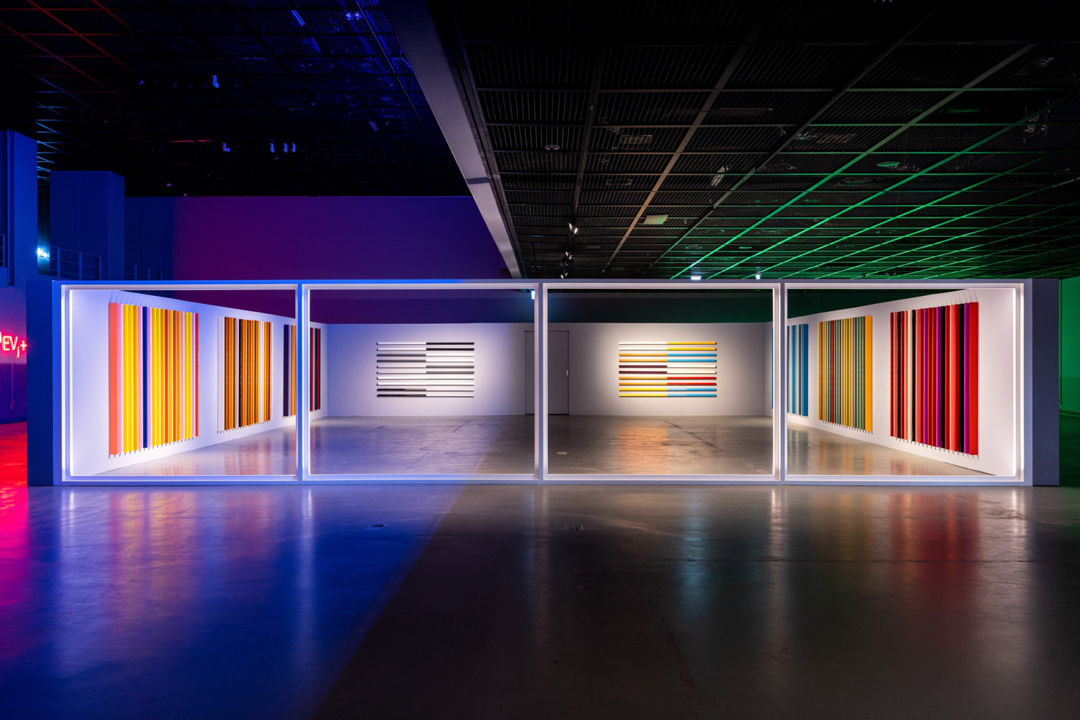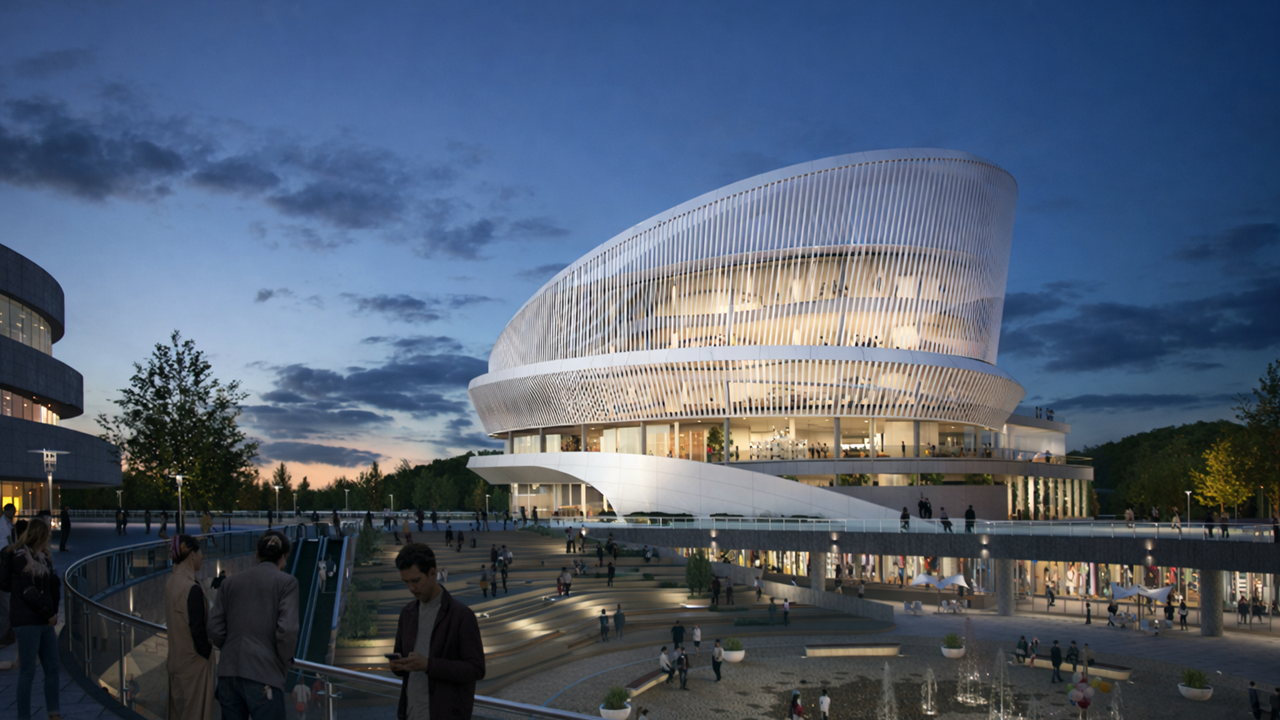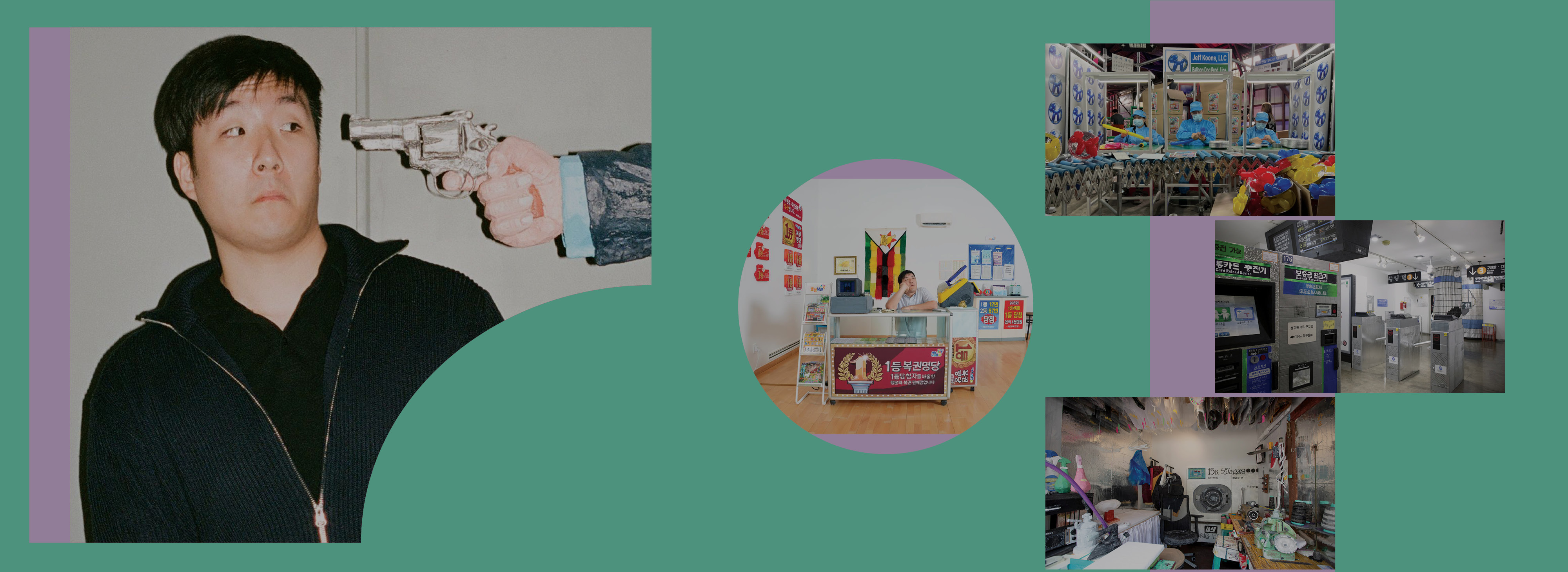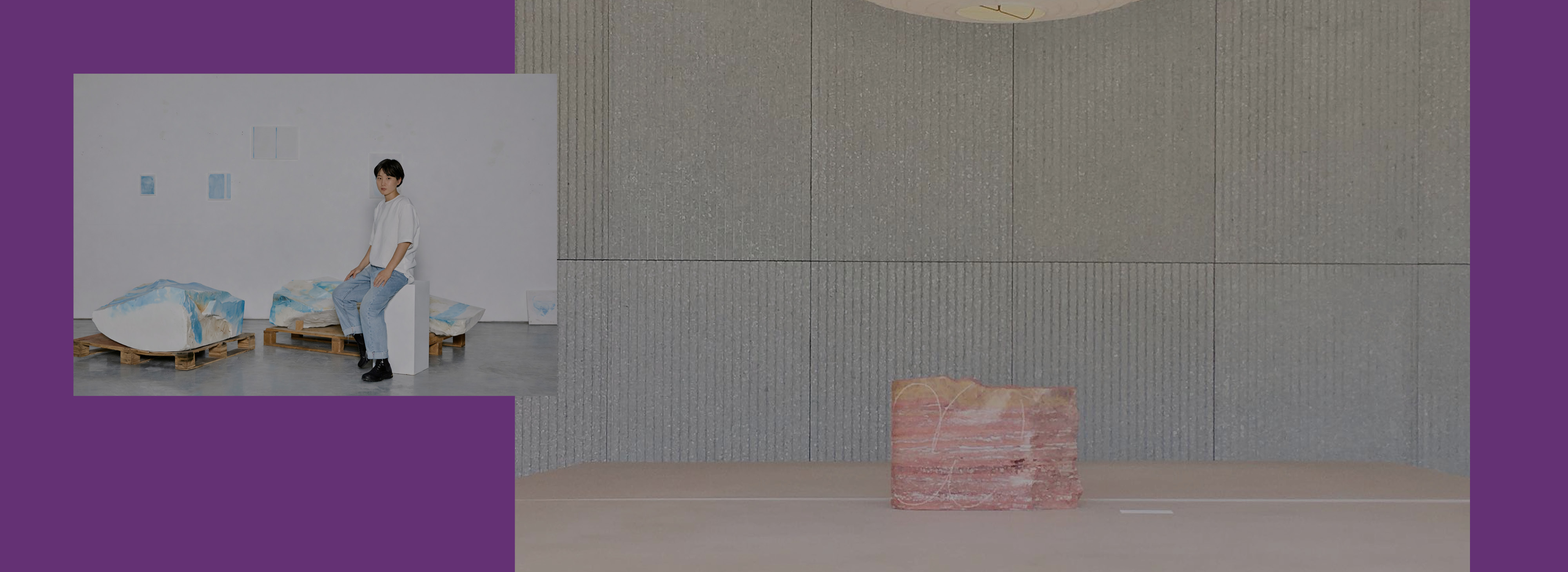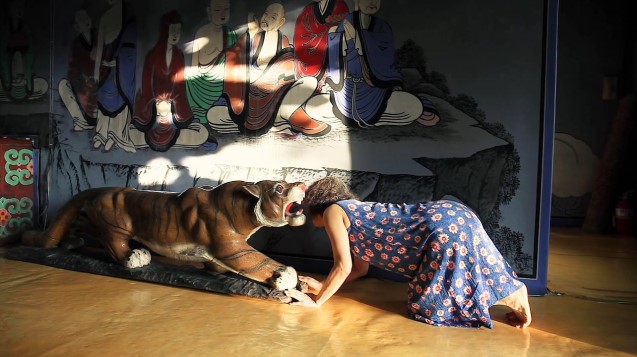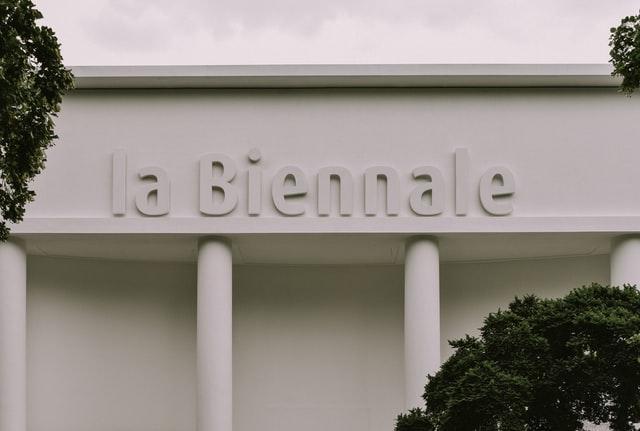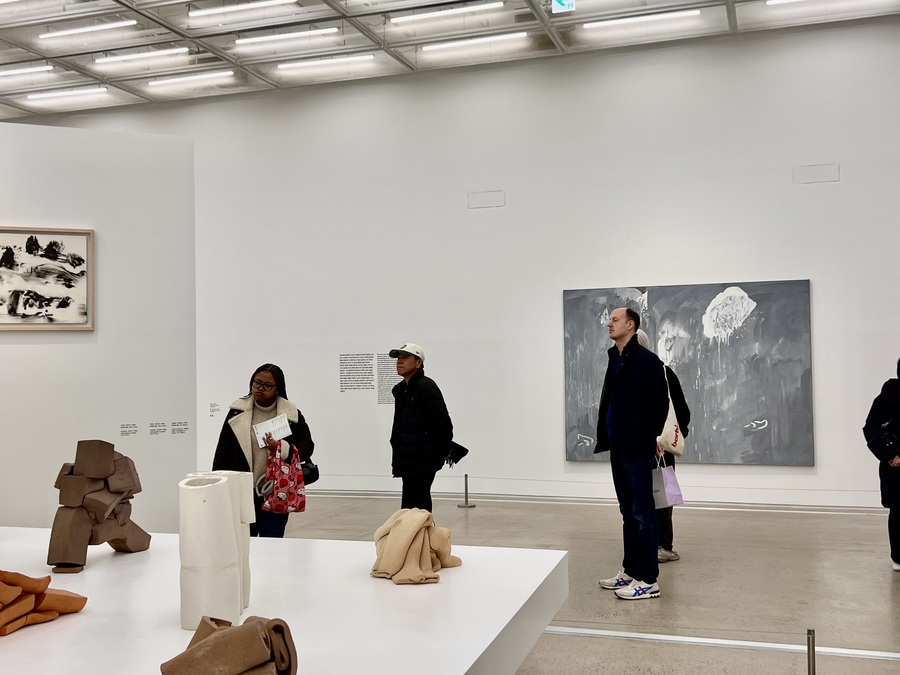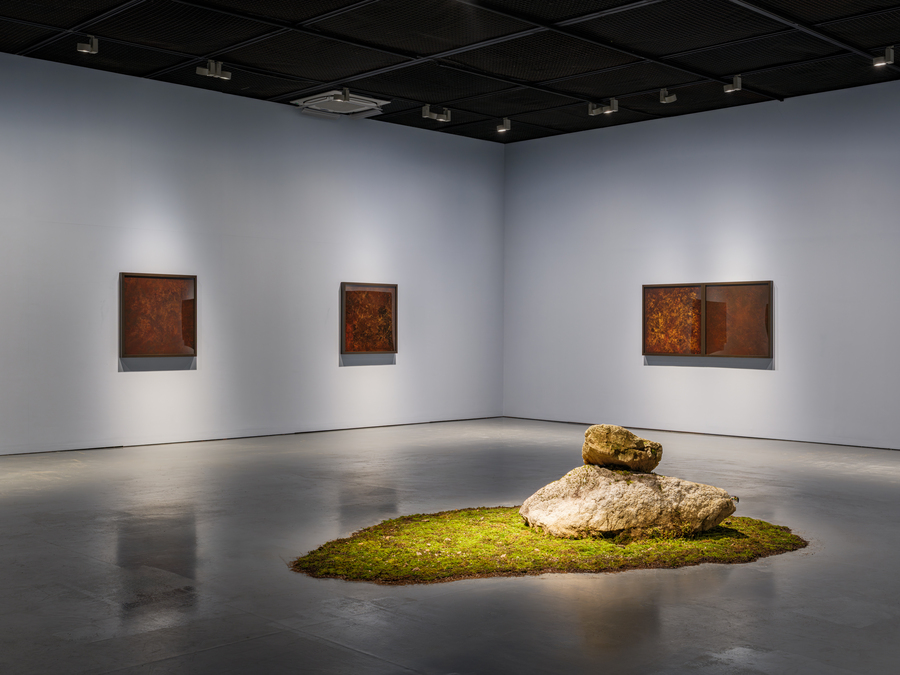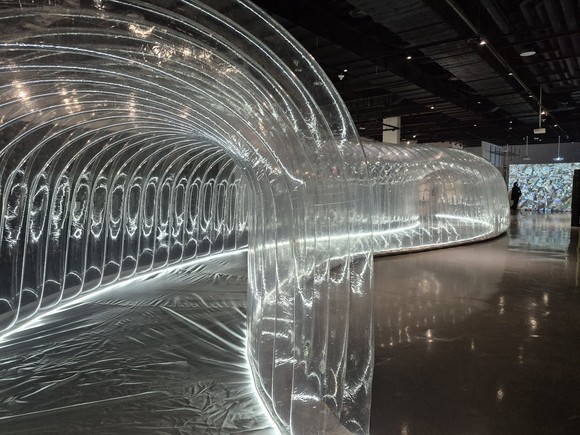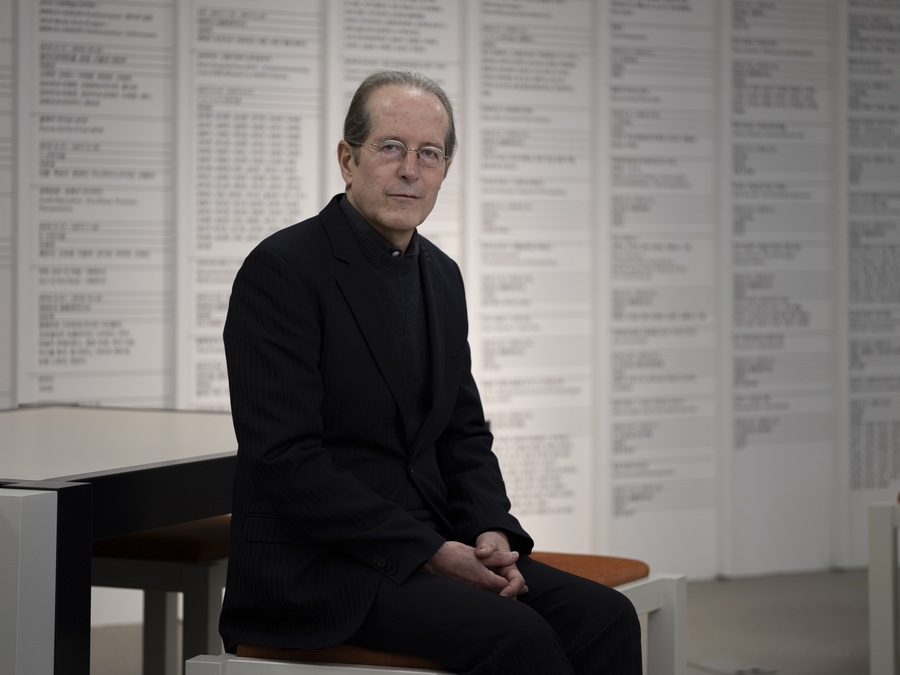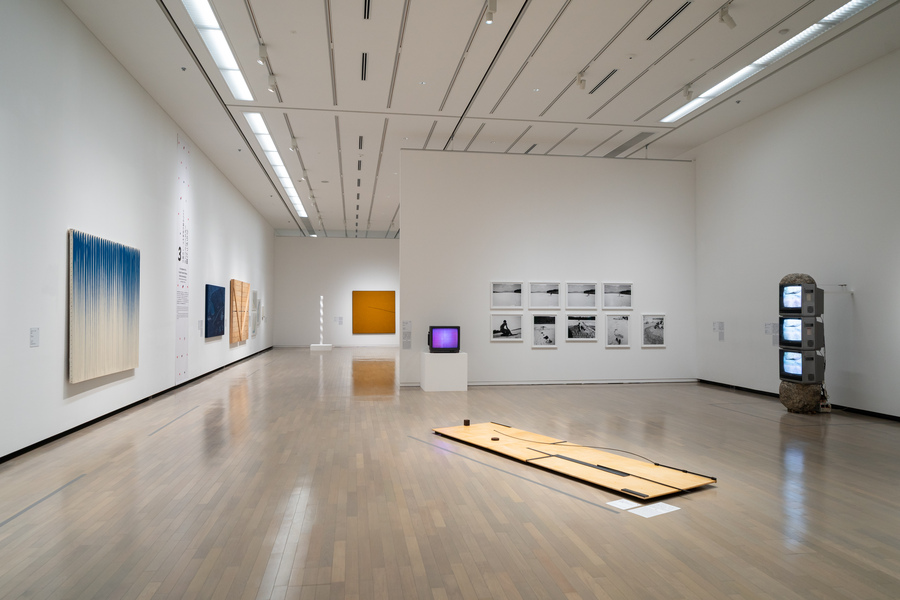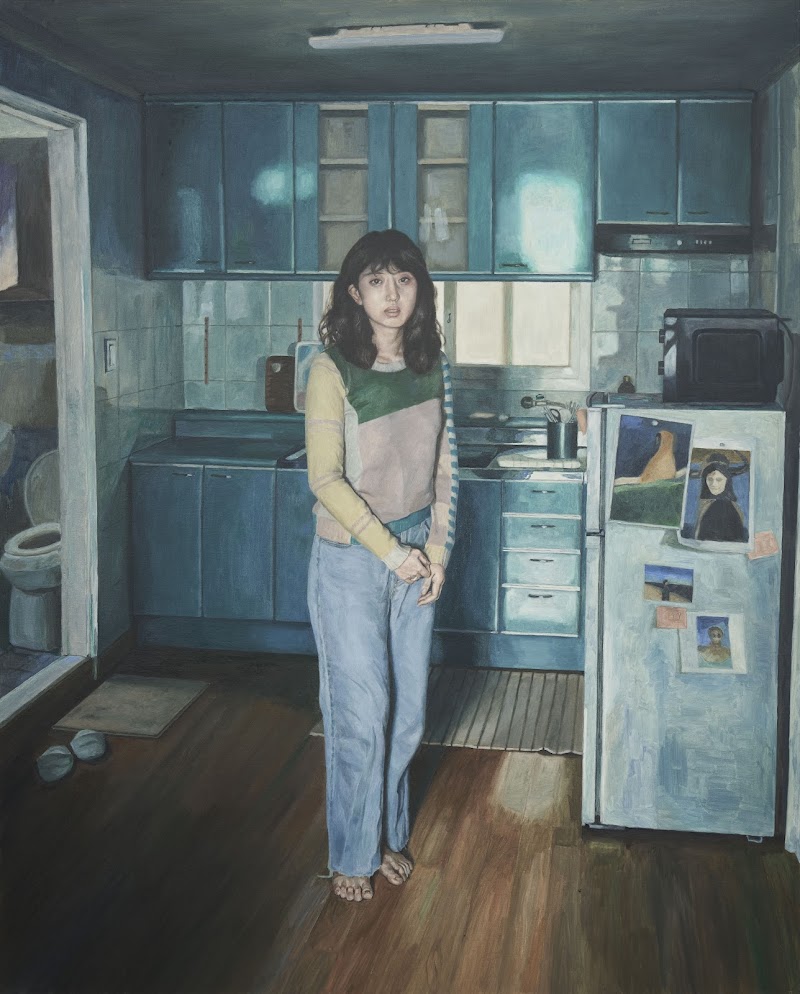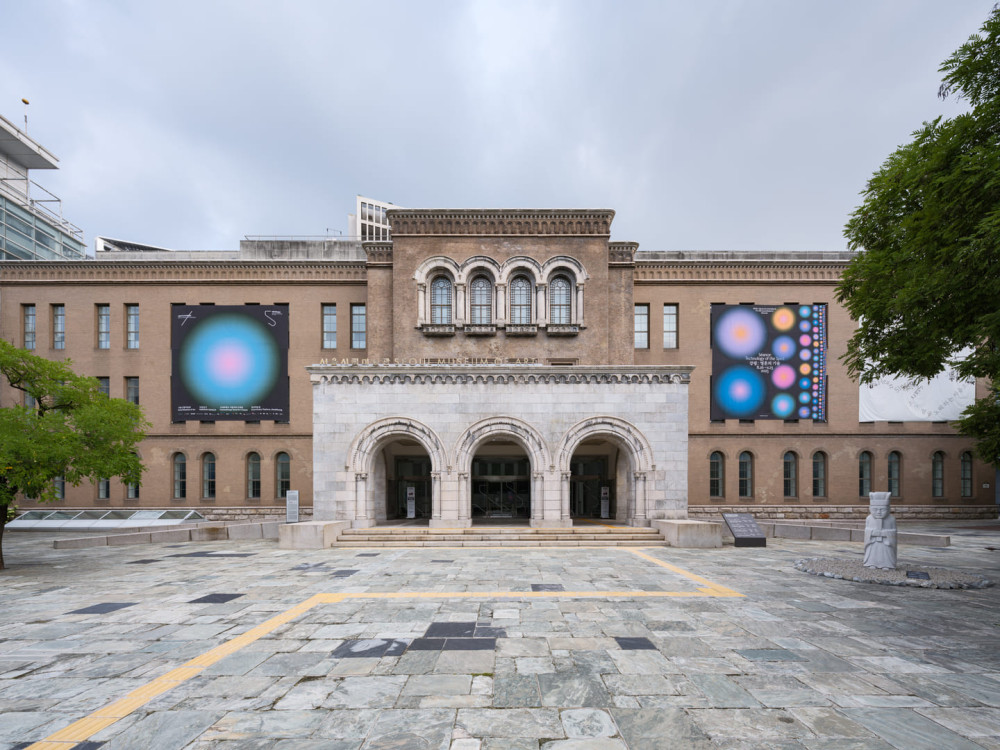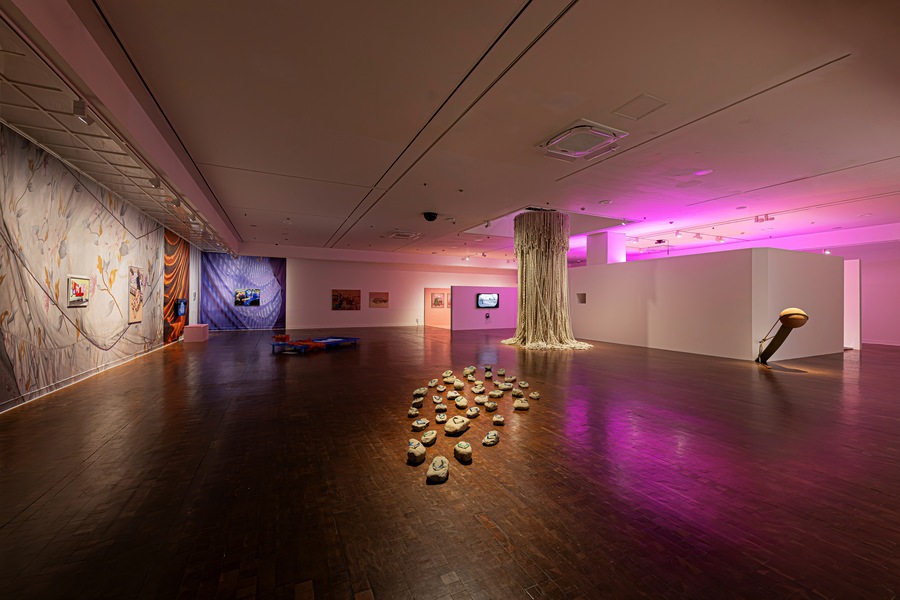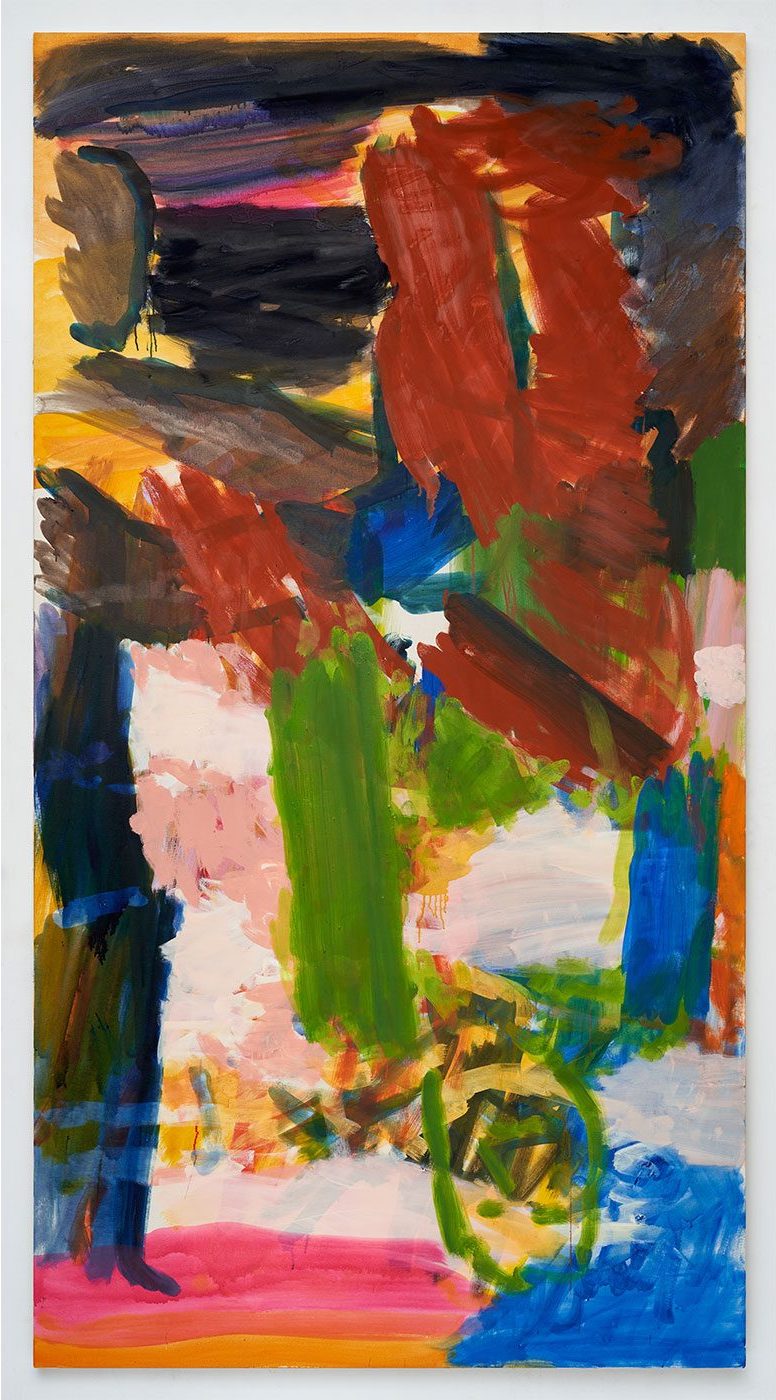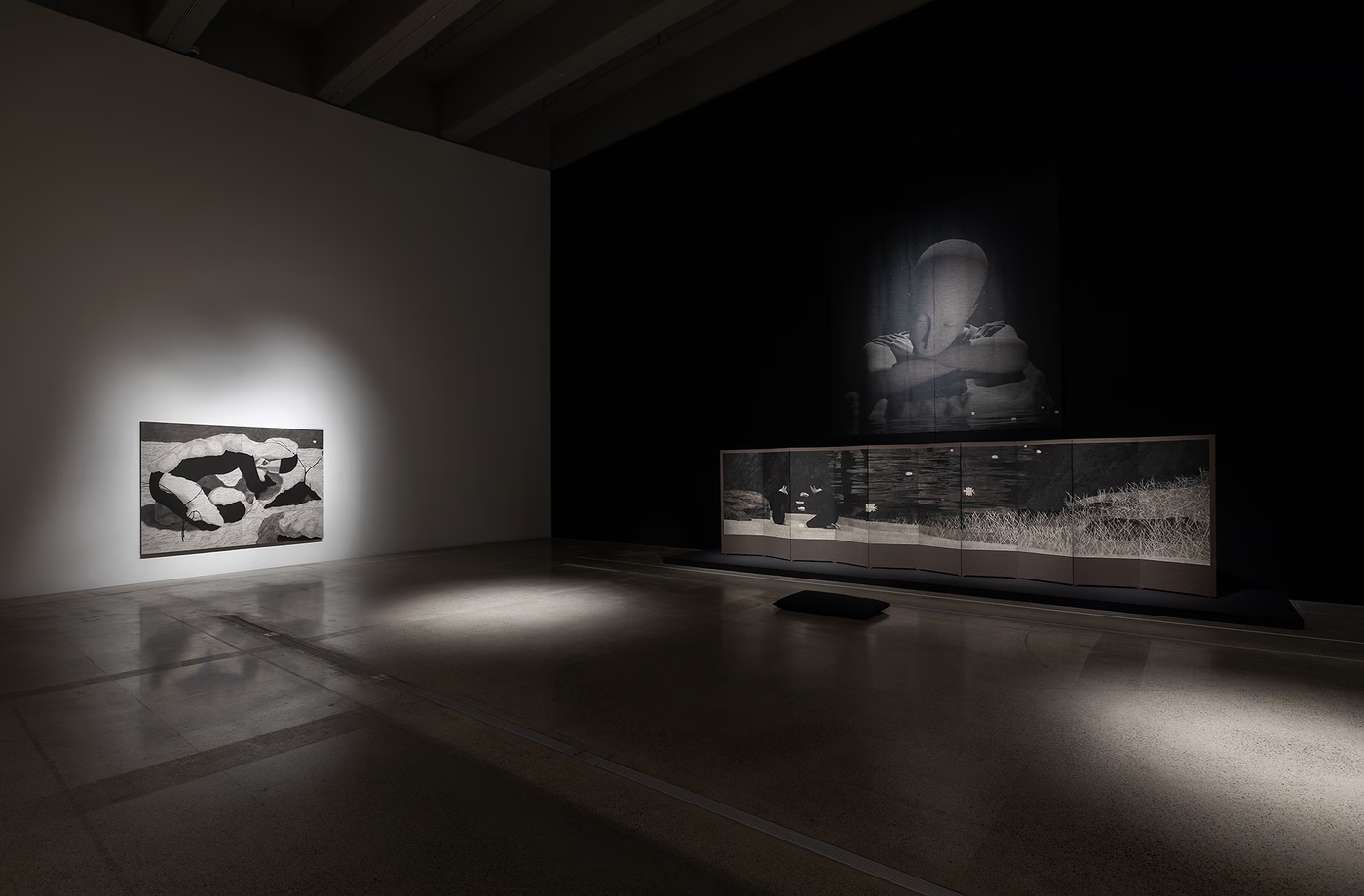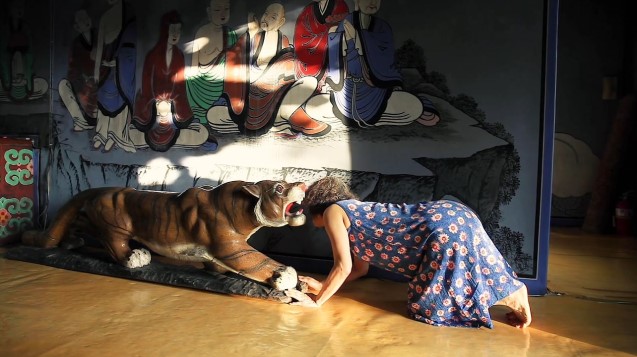
HONG LEE Hyunsook, In the Neighborhood of Seokgwang-sa, 2020 ©MMCA
The
National Museum of Modern and Contemporary Art Korea (MMCA) will present a
special exhibition “Connecting Bodies: Asian Women Artists” to attempt a new examination
of the contemporary meaning of post‒1960s art by Asian women from the
perspective of ‘corporeality,’ from September 3, 2024 to March 3, 2025, at its
Seoul Branch.
It was
developed as part of an Asian art project by the MMCA, which has carried out
comparative research and exhibitions on Asian contemporary art beyond national
borders. The body is a place where various ideologies and situations intersect,
and it is also a locus that reveals difference and diversity. This exhibition
assembles around 130 works by women artists from 11 Asian countries to explore
this theme.
This
exhibition consists of six sections: “Choreograph Life,” “Flexible Territories
of Sexuality,” “Bodies·God(desse)s·Cosmology,” “Street Performances,”
“Repeating Gestures‒Bodies·Objects·Language,” and “Bodies as Becoming‒Connecting
Bodies.” Through them, it shares stories about diverse, polyphonous bodies that
have redefined identity through various meanings. This aspect also relates to
the exhibition’s aim of going beyond the perspective that views Asian women as
‘others’ vis-à-vis the Westerner or male and focusing on them instead as agents
embodied in multilayered ways.
At the
same time, “Connecting Bodies” focuses on works that have questioned modernity
while revealing the experiences of cultural otherness that have been applied to
the body in the geographical and political space of Asia, as a setting where
ideologies of nation-states, patriarchy, capitalism, and nationalism have been
reproduced.
The
exhibition also turns its attention to long-existing aspects of women’s
culture, which has sought to understand thought/sensation and art/life in
integrated ways. In this way, it attempts to discover artistic possibilities
for encouraging ‘connections’ with those beyond us.
At a
historical moment when social sustainability is in doubt and a reappraisal of
values is fundamentally needed, the feminist perspective‒transcending
binary divisions of subject/object, culture/nature, and male/female‒can
perhaps help us imagine an alternative world that embraces and connects a
broader scope of being and identity.



